The 9 Healthiest Nuts Ranked from Least to Most Nutritious—Number One Will Surprise You
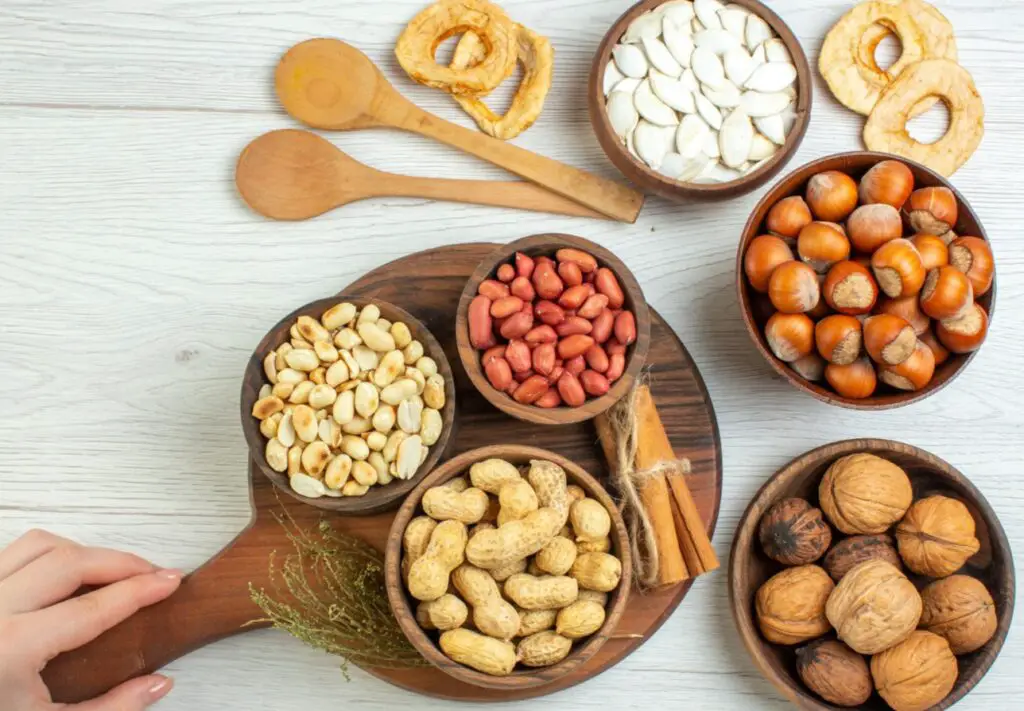
When it comes to snacking smart, few foods offer the convenience and powerhouse nutrition of nuts. Crunchy, satisfying, and packed with essential nutrients, they are nature’s perfect snack. But not all nuts are created equal. While every nut brings something unique to the table—whether it’s heart-healthy fats, plant-based protein, or fiber—some clearly outrank the rest in terms of total health benefits. So which nut deserves a spot in your daily diet, and which ones are better enjoyed in moderation?
In this definitive list, we rank the nine healthiest nuts from least to most nutritious based on protein, healthy fats, fiber, vitamins, and antioxidant content. Spoiler alert: the number one pick might just blow your mind. Whether you are keto, plant-based, or just looking for better snack options, these nuts deliver serious health perks.
9. Macadamia Nuts
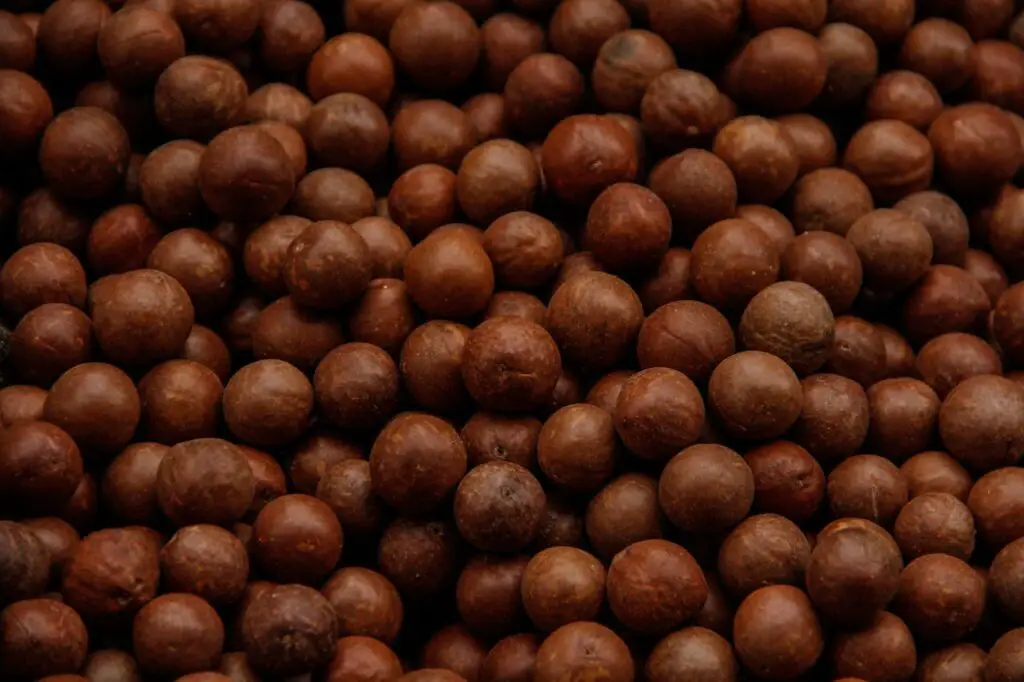
Macadamia nuts may taste like buttery bites of heaven, but they rank lowest on our list due to their high fat and calorie content paired with relatively low protein. A one-ounce serving packs about 200 calories and 21 grams of mostly monounsaturated fats, the kind known for supporting heart health. However, they contain only about 2 grams of protein and minimal fiber, which makes them less satisfying and less nutritionally dense compared to other nuts. That said, they do offer small amounts of thiamine and manganese, and their rich texture makes them a luxurious treat when enjoyed in moderation.
8. Brazil Nuts
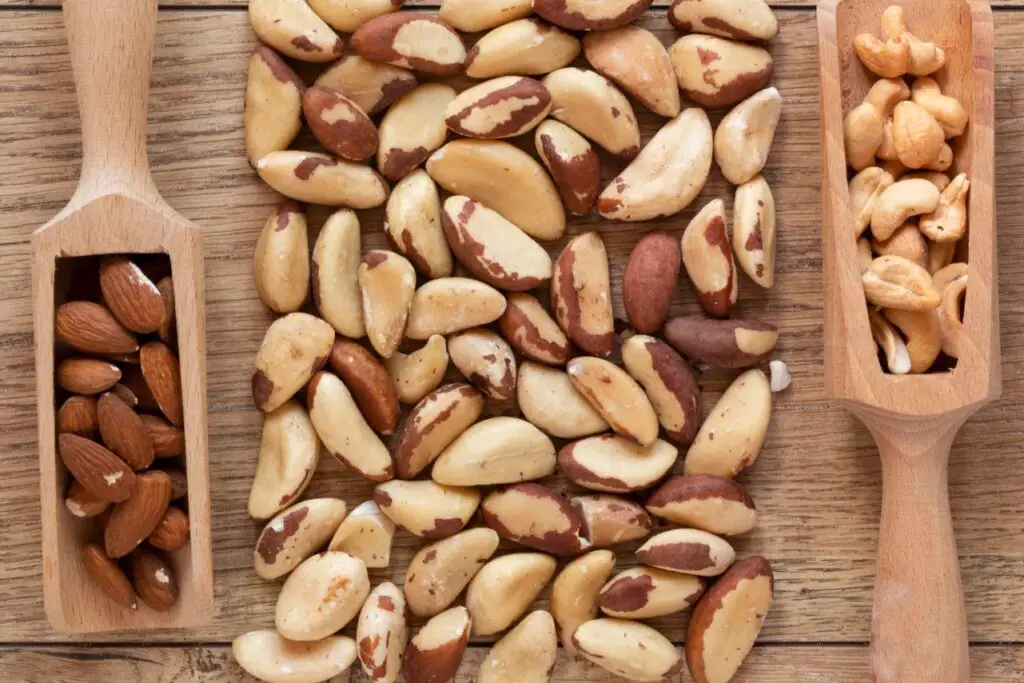
Brazil nuts are like the selenium supplement of the nut world—just one nut provides over 100 percent of your recommended daily intake of this essential mineral. Selenium is crucial for thyroid function, reproduction, and fighting oxidative stress. But beyond selenium, Brazil nuts are high in saturated fat and calories, with relatively low protein and fiber per ounce. Eating more than a few a day could even lead to selenium toxicity, so moderation is non-negotiable. Their creamy texture and smooth flavor make them a once-in-a-while addition to trail mix or yogurt, rather than a daily go-to snack.
7. Cashews
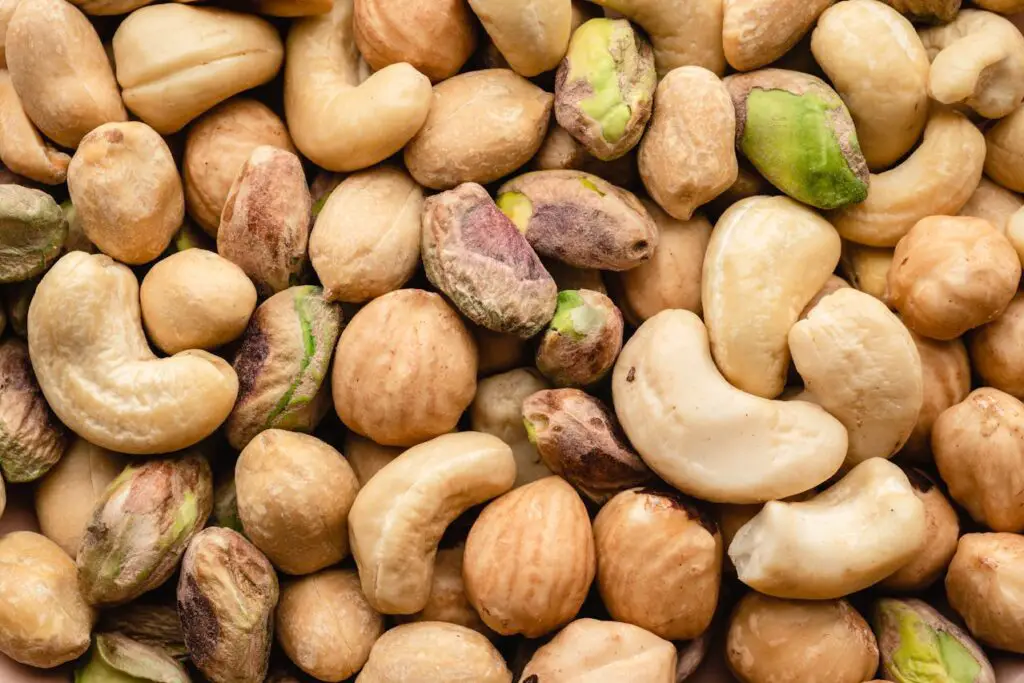
Cashews are creamy, subtly sweet, and incredibly versatile—from vegan cheese sauces to curry bases. Nutritionally, they provide a decent 5 grams of protein and 1 gram of fiber per ounce, along with a good dose of magnesium, iron, and copper. While they are lower in total fat compared to other nuts, they also contain fewer antioxidants and less fiber, which limits their ranking. Cashews are high in oxalates, which may contribute to kidney stones in some individuals. Still, their rich texture and mild flavor make them a tasty, moderately healthy nut when enjoyed raw or dry-roasted.
6. Pecans
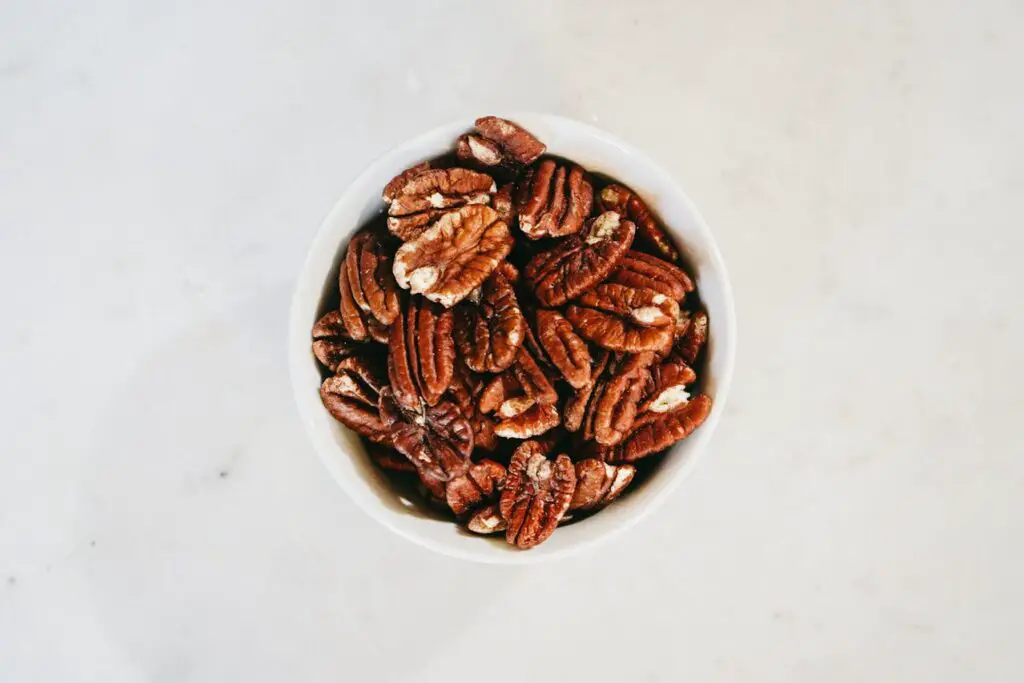
Pecans often show up in sugar-laden pies, but on their own, they are an antioxidant powerhouse. They are especially rich in monounsaturated fats, vitamin E, and minerals like zinc and manganese. With about 3 grams of protein and 2.7 grams of fiber per ounce, they offer a moderate nutrition boost. Their antioxidant content helps combat inflammation and supports heart health. However, they are one of the more calorie-dense nuts and contain slightly less protein than others on this list. Use them to add crunch and flavor to salads, oatmeal, or yogurt without the added sugar.
5. Walnuts
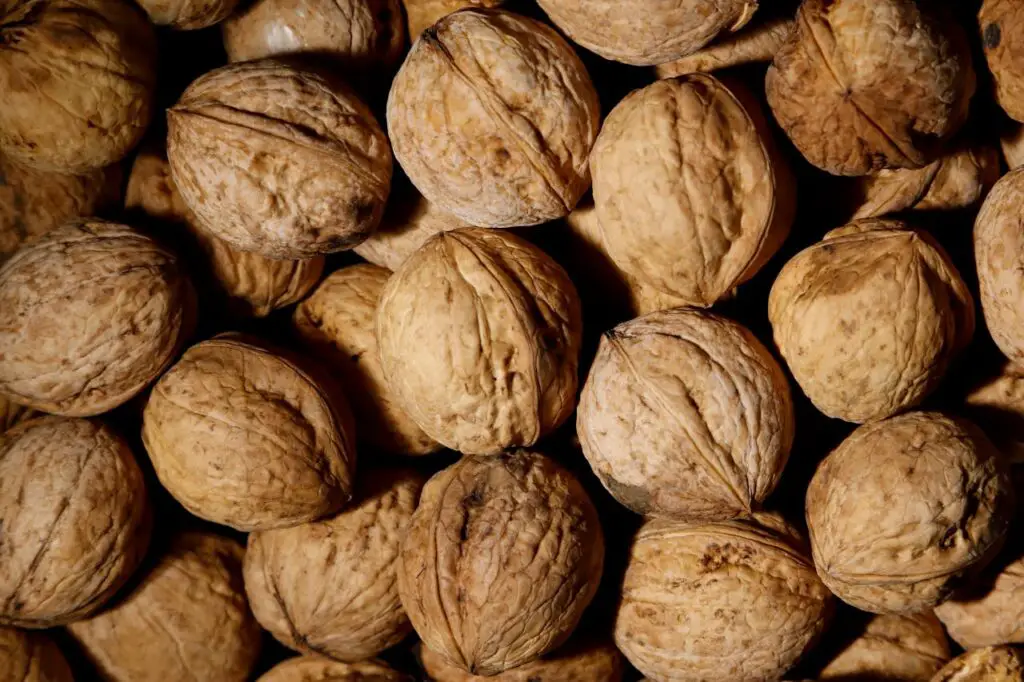
If there is a nut designed for brain health, it’s the walnut. These crinkly, brain-shaped morsels are packed with alpha-linolenic acid (ALA), a plant-based omega-3 fatty acid known for supporting brain function and reducing inflammation. One ounce delivers 2.5 grams of ALA, along with 4 grams of protein and 2 grams of fiber. Walnuts are also rich in polyphenols, which help protect against oxidative stress. They are slightly more perishable than other nuts, so store them in the fridge for peak freshness. Despite a slightly bitter flavor, their unmatched omega-3 content earns them a solid spot in the top five.
4. Pistachios
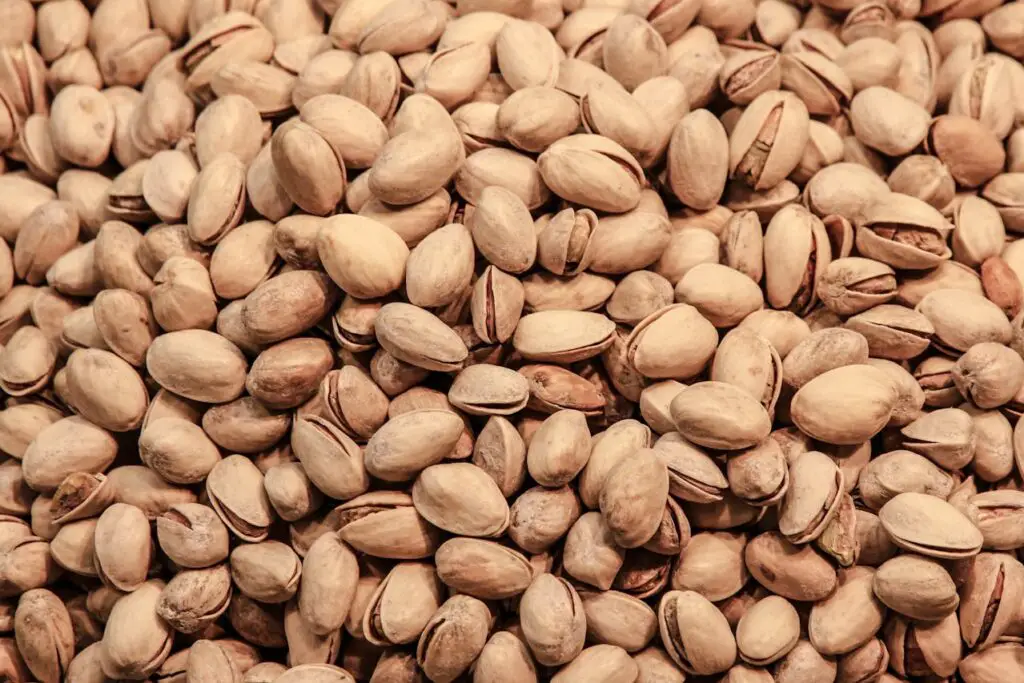
Pistachios are the perfect combo of fun and function. Cracking open their shells slows down snacking, while their stellar nutritional stats make them one of the healthiest nuts you can eat. With 6 grams of protein and 3 grams of fiber per ounce, pistachios are among the most filling options. They also boast more potassium than any other nut and high levels of vitamin B6, which is key for brain function and mood regulation. Plus, their mix of antioxidants, including lutein and zeaxanthin, supports eye health. Their natural sweetness and bright green hue make them great in both sweet and savory dishes.
3. Almonds
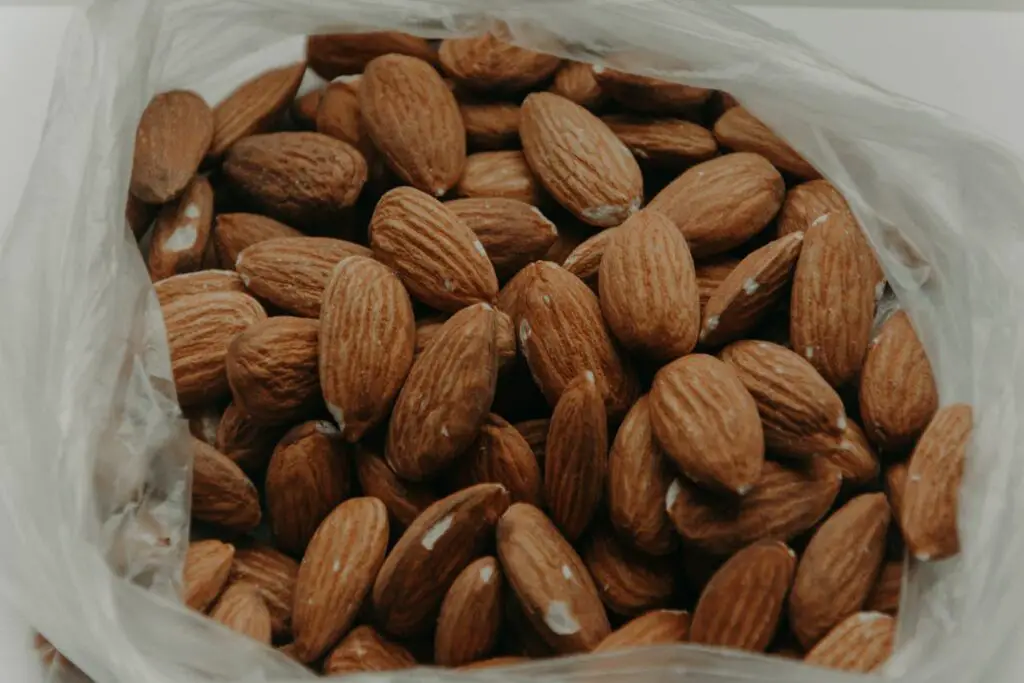
Crunchy, nutrient-dense, and endlessly versatile, almonds are a staple for good reason. One ounce provides 6 grams of protein, 3.5 grams of fiber, and a powerful punch of vitamin E—an antioxidant that helps protect cells from damage. Almonds also offer calcium and magnesium, making them great for bone health. Studies link almond consumption to lower cholesterol, better blood sugar control, and weight management. Whether you snack on them whole, blend them into smoothies, or enjoy them in almond butter, these nutrition-packed nuts are a daily win for heart, brain, and metabolic health.
2. Hazelnuts
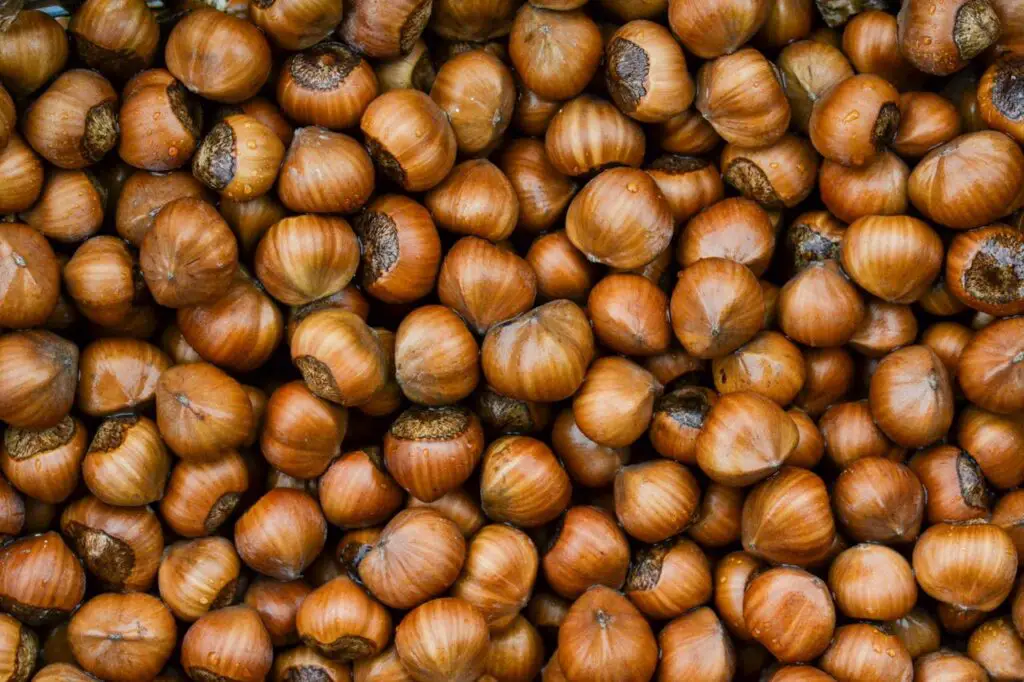
Hazelnuts are often associated with indulgent spreads, but when consumed raw or dry-roasted, they are an antioxidant-rich superfood. These flavorful nuts offer 4 grams of protein and nearly 3 grams of fiber per ounce. They are loaded with vitamin E, copper, and healthy monounsaturated fats, all of which support cardiovascular and skin health. Hazelnuts are also high in flavonoids—compounds known to reduce inflammation and improve blood vessel function. Their rich, nutty flavor pairs well with chocolate but can just as easily elevate savory dishes or cereals. Don’t overlook them—they are a nutritional gem.
1. Chestnuts
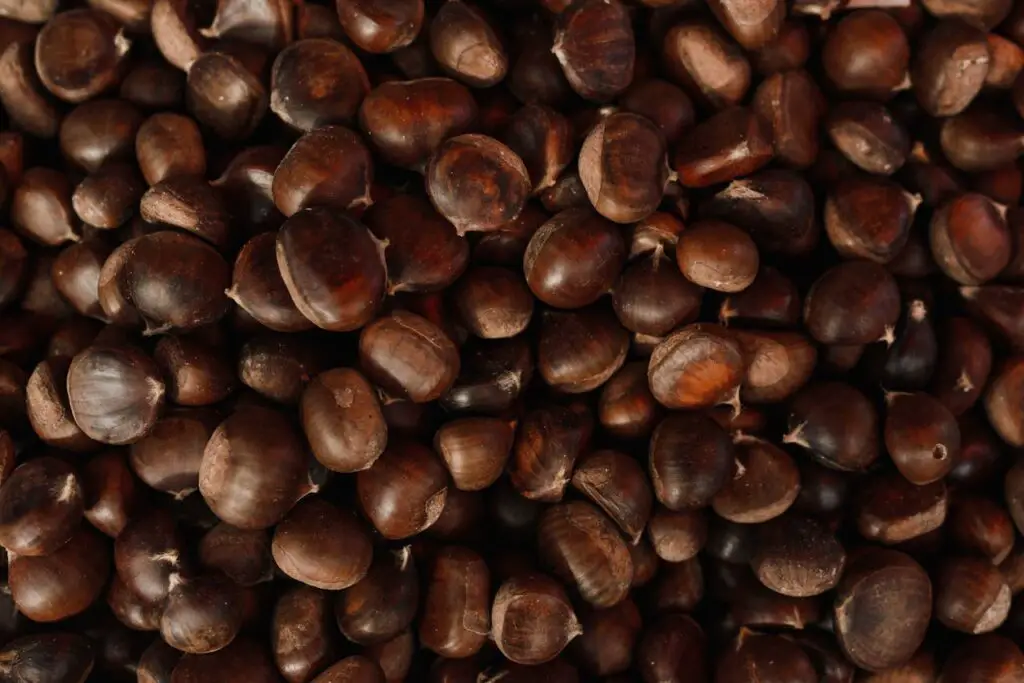
Taking the crown as the healthiest nut is the often-overlooked chestnut. Unlike most nuts, chestnuts are low in fat and calories but high in complex carbohydrates and fiber, making them a unique and heart-smart option. One ounce has only about 70 calories, less than 1 gram of fat, and a surprising amount of vitamin C—rare for a nut. They are also a great source of potassium and folate. Because of their starchiness, chestnuts behave more like a whole grain than a traditional nut, offering steady energy and satiety without the heavy calorie load. Roast them, boil them, or purée them—however you enjoy them, chestnuts are a clear nutritional champion.
Final Thoughts
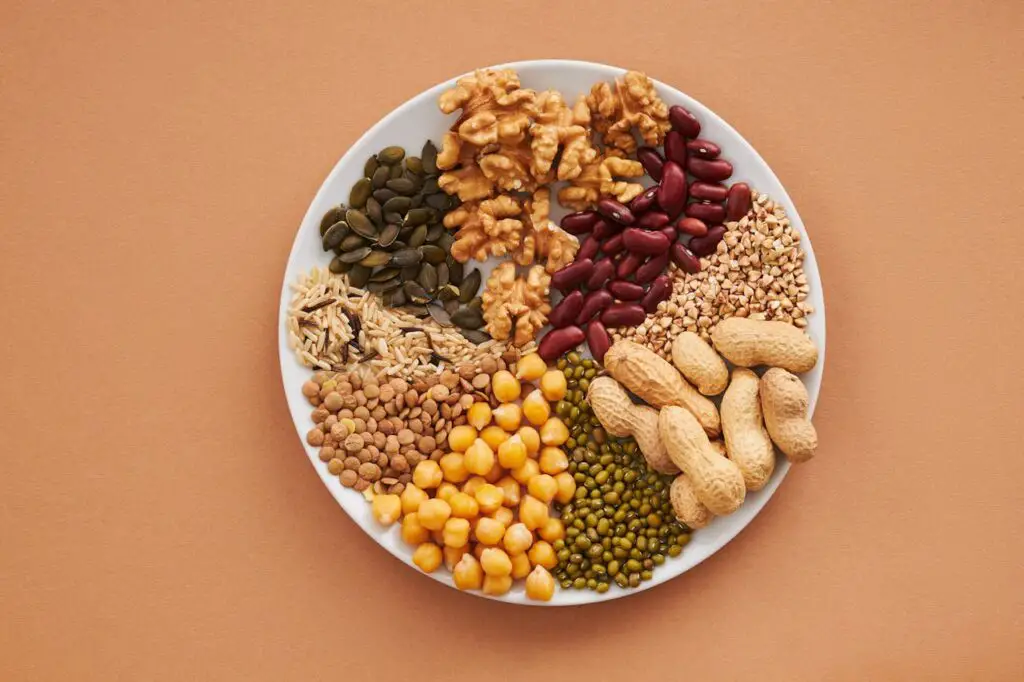
From the creamy indulgence of macadamias to the surprising nutrient density of chestnuts, nuts are a versatile and health-supporting food that deserves a place in every diet. While some options are better for heart health and others support brain function or digestion, the key is variety and moderation. Rotate your nut choices, opt for raw or dry-roasted versions without added salt or sugar, and enjoy them as part of a balanced, whole-food lifestyle.
Whether you are snacking on the go, meal prepping for the week, or baking something delicious, these nine nuts offer a flavorful way to fuel your body and boost your health—one crunchy bite at a time.
Leave a Reply